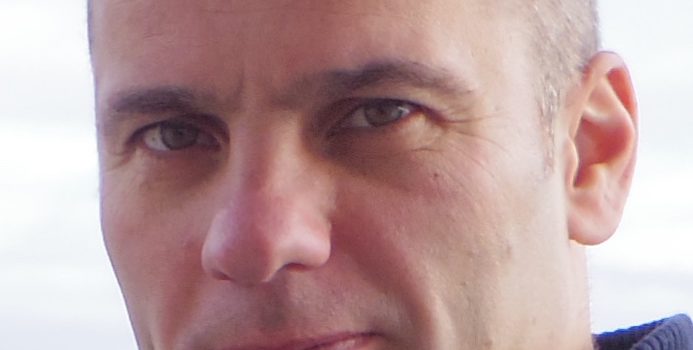
***************************************************************************
Atelier Francophone sur la transparence et l’opacité des systèmes d’information
Le 23 Avril 2018 à Lyon
http://transparence.conf.citi-lab.fr/
***************************************************************************
Aujourd’hui beaucoup de décisions prises dans la vie quotidienne sont
influencées par des informations provenant d’Internet; la gigantesque
masse de données associée ne sont cependant perçus qu’à travers le
prisme des algorithmes. En effet, qu’il s’agisse de résultats de
recherche sur le web ou d’itinéraires, nous avons tendance à ne pas
remettre en cause le résultat de ces algorithmes, malgré l’absence
d’information sur leur fonctionnement.
Ces algorithmes sont alimentés par une grande quantité d’information
incluant bien souvent des données à caractère personnel collectées avec
ou sans le consentement de l’Internaute. Le manque de transparence de
ces algorithmes et des informations qu’ils manipulent associés à leur
usage toujours plus innovant suscitent de nombreuses préoccupations de
la part du public. Leur introspection et la question de la conformité de
leur exécution face à l’éthique sont devenues des enjeux de société
majeurs. Plus généralement, cet atelier explorera les outils permettant
aux individus de questionner et comprendre les services qu’ils utilisent.
Cet atelier a pour vocation de constituer une communauté hautement
pluridisciplinaire et transversale autour de la transparence et de
l’opacité des systèmes d’information. Cette manifestation inclura des
présentations de conférenciers invités ainsi que l’animation d’une table
ronde sur le domaine.
Intervenants (confirmés):
* Nataliia Bielova (Chargée de Recherche, INDES research team, Inria, Sophia Antipolis)
* Nozha Boujemaa (Directrice de Recherche, Inria, Saclay)
* Aurélien Francillon (Enseignant-Chercheur, EURECOM, Sophia Antipolis)
* Sébastien Gambs (Enseignant-Chercheur, Université du Québec à Montréal, Canada)
* Oana Goga (Chargée de Recherche, CNRS, LIG, SLIDE research group, Grenoble)
* Erwan Le Merrer (Chercheur, Technicolor R&I, Rennes)
* Daniel Le Métayer (Directeur de Recherche, Inria, CITI, Privatics research group, Lyon)
Le programme courant est disponible ici :
http://transparence.conf.citi-lab.fr/
Localisation : INSA-Lyon, La Doua, Lyon
Inscription (gratuite) : http://transparence.conf.citi-lab.fr/faqs.html


